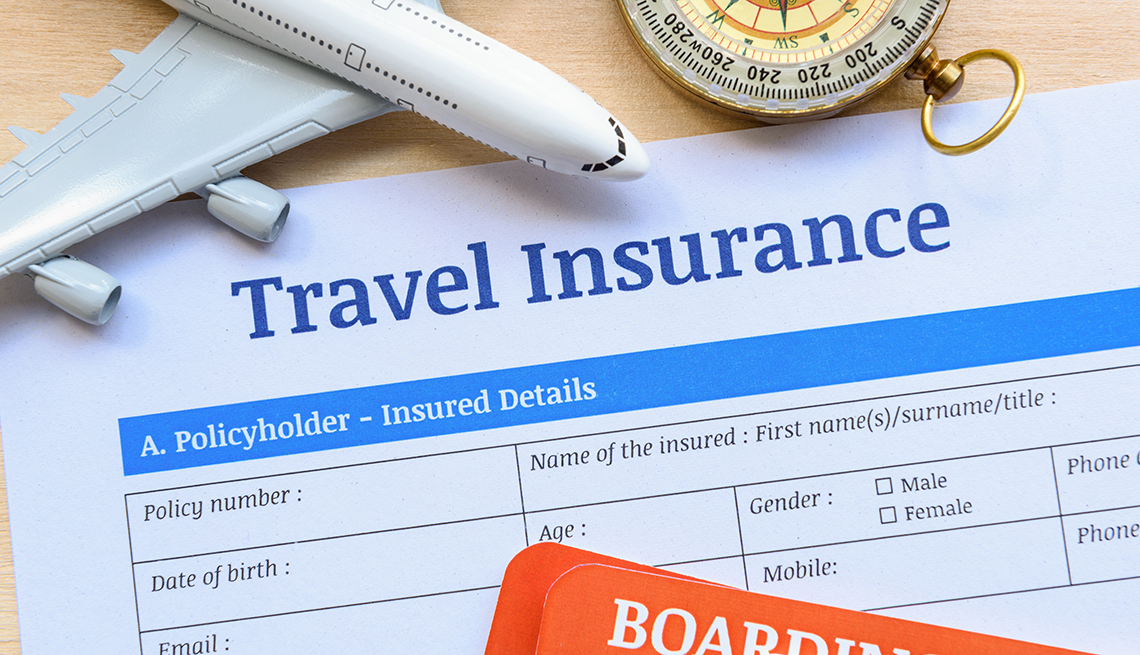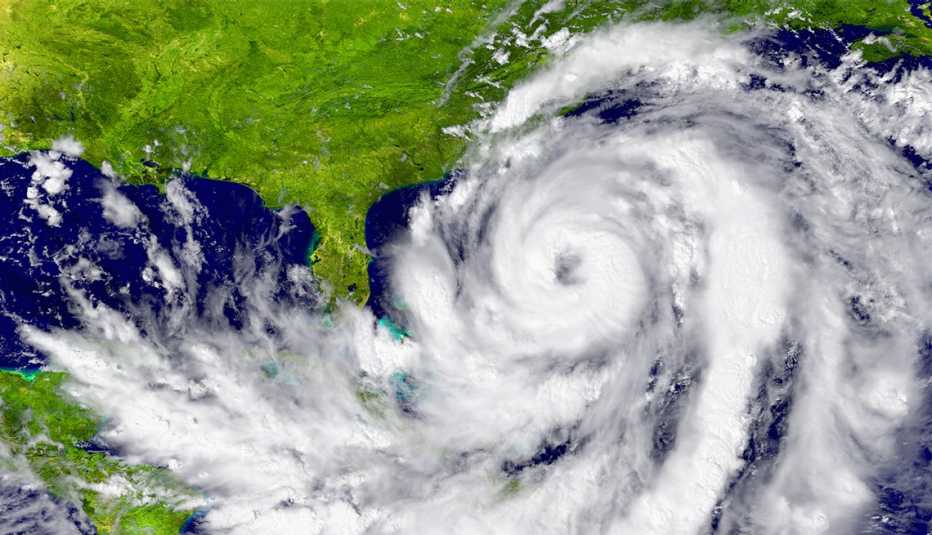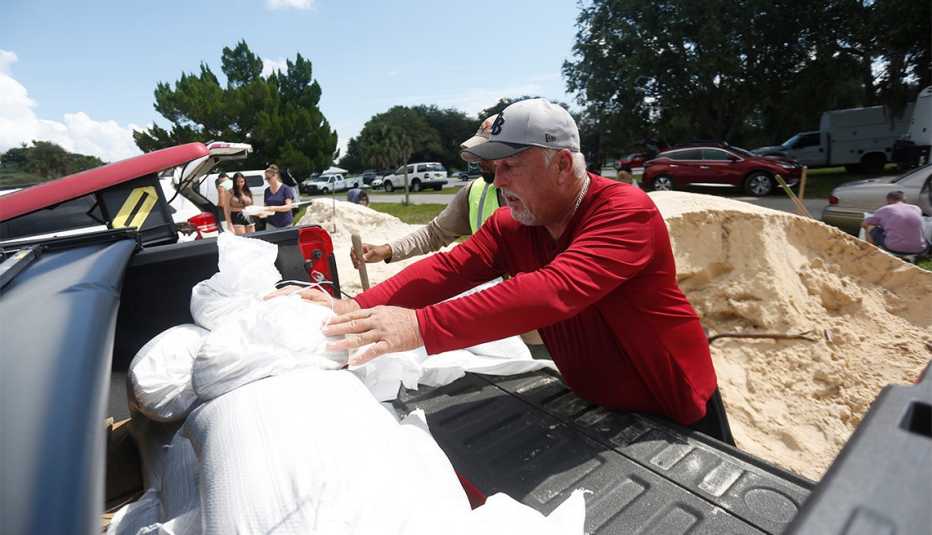If you know the risks and still want to travel in these areas during hurricane season, travel experts recommend purchasing travel insurance. Policies can be bought through cruise lines, home rental agencies, travel agents or online travel-insurance comparison sites, or directly through companies such as Allianz or Generali. The two main factors that determine the cost of a policy are the cost of the trip and the age of the traveler, says Stan Sandberg, cofounder of TravelInsurance.com.
A basic policy will usually be about 4 to 10 percent of the cost of your trip, according to Sandberg. Older travelers will pay more because health risks rise with age and cancellation for medical reasons is typically part of the package, as well as things like terrorism, the death of a family member and job loss.
Most basic travel insurance policies reimburse you for your nonrefundable prepaid travel costs if you have to cancel before your departure — but only for certain reasons. Typically, they only cover cancellations due to severe weather such as a hurricane if the storm directly affects your destination and causes serious disruption to the trip.
You won’t be covered if the weather simply looks threatening. “There are a few providers that do have trip cancellation coverage that would include a hurricane warning by NOAA that would impact your destination,” Sandberg says. “But for the most part, the standard plans will just provide for cancellation and interruption and trip delay when [your trip is] directly affected by a hurricane.”
To protect your trip investment from absolutely anything — including changing your mind about going — buy a policy with a "cancel for any reason" (CFAR) upgrade, Sandberg says. You’ll be reimbursed for up to 75 percent of the total trip costs if you bail out for any reason at least 48 hours before your departure date. It typically adds 30 to 50 percent to the regular premium. (So if the basic policy is $100, you’d pay $130 to $150 with the CFAR upgrade.)
A few more tips for hurricane season travel:
1. If you want travel insurance, buy it early. Once storms are predicted, it’s too late. (Insurance, of course, is for unforeseen problems.)
2. Read the policy's fine print. Look at what it actually covers so that there are no surprises later.
3. Consider booking through a travel agent; a good one will know which policy would be best for your trip and can also help you with reimbursement logistics if a problem arises.
4. Take your time. “Never feel pressured by anybody to pick a travel insurance policy simply because they’re pushing it hard,” McDaniel says. “Do your homework and make sure you choose the right policy for you.”
5. Cruise Critic has a "Hurricane Zone" message board if you want to plug into discussions about cruising during hurricane season.
A few more tips for hurricane season travel:
1. If you want travel insurance, buy it early. Once storms are predicted, it’s too late. (Insurance, of course, is for unforeseen problems.)
2. Read the policy's fine print. Look at what it actually covers so that there are no surprises later.
3. Consider booking through a travel agent; a good one will know which policy would be best for your trip and can also help you with reimbursement logistics if a problem arises.
4. Take your time. “Never feel pressured by anybody to pick a travel insurance policy simply because they’re pushing it hard,” McDaniel says. “Do your homework and make sure you choose the right policy for you.”


































































